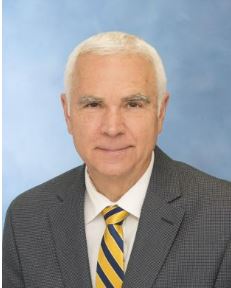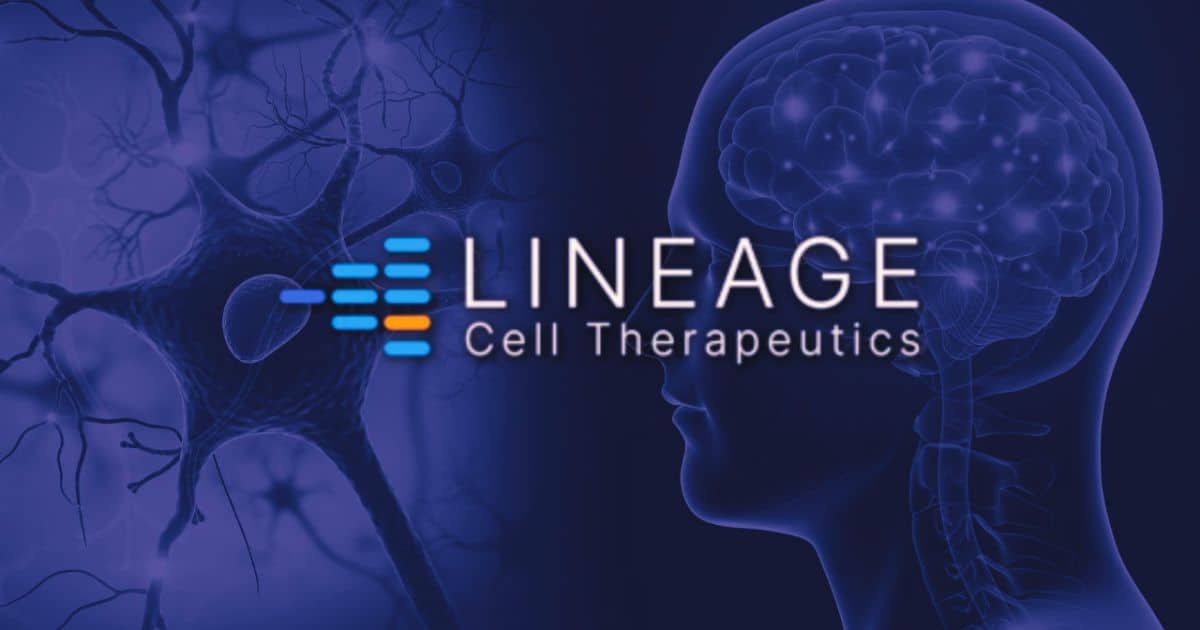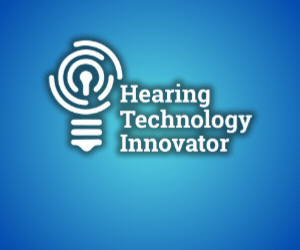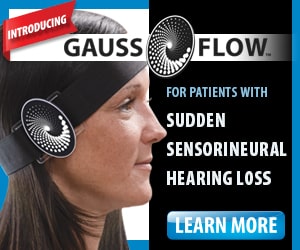CARLSBAD, CALIFORNIA — Lineage Cell Therapeutics, Inc. (NYSE American and TASE: LCTX), a clinical-stage biotechnology company developing allogeneic cell therapies for unmet medical needs, today reported that preclinical results with ReSonance (ANP1), the company’s auditory neuronal cell transplant for the treatment of hearing loss, were presented at the 59th Annual Inner Ear Biology Workshop by Ofer Wiser, Ph.D. Senior Scientist, Technological Innovation at Cell Cure Neurosciences, Inc., the company’s Israel-based subsidiary, which is responsible for research, process development, and good manufacturing practice (GMP) production.
“We are excited to report on the continued successful pre-clinical development of ReSonance, our first internally-developed cell transplant program, which we believe illustrates the efficiency and breadth of our technology platform,” stated Brian Culley, Lineage CEO.
“Building on the success of our OpRegen® RPE cell transplant candidate for dry AMD, our process development team generated new methods of differentiation which enabled us to create a new product candidate for hearing loss. We advanced from a product concept through the successful manufacture of the desired and specific cell type, generating new intellectual property, and thereafter advancing ANP1 into initial preclinical testing. An inherent aspect of our successful manufacturing efforts was the generation of a cryopreserved, ready to administer thaw-and-inject formulation at a clinically testable dose, which demonstrated successful engraftment and survival in a preclinical hearing loss model. Given the many challenges of reliably and affordably manufacturing cell and gene therapy product candidates, we are excited to highlight the progress Lineage has made in this area and believe our unique manufacturing capabilities will continue to provide us with a leading position in the cell transplant space.”
Hearing loss is a significant unmet medical need and by 2050, nearly 2.5 billion people are estimated to be impacted by listening impairments across the globe. The loss of auditory nerve cells can lead to auditory neuropathy, even when hair cells and the cochlear nucleus remain intact.
Cell-Based Therapy Approach
A cell-based therapy designed to replace lost or dysfunctional auditory neurons may restore hearing and enhance the degree of success of a cochlear implant procedure by repopulating the cochlea with transplanted, functional auditory neurons.

Yehoash Raphael, Ph.D
Preclinical testing of ANP1 is ongoing through a collaboration with the University of Michigan and Yehoash Raphael, Ph.D., The R. Jamison and Betty Williams Professor of Otolaryngology, Department of Otolaryngology-Head and Neck Surgery and Lab Director at the University of Michigan Kresge Hearing Research Institute.
Auditory neuropathy is a challenging hearing disorder in which the inner ear successfully detects sound but has a problem with sending signals from the ear to the brain, currently accounting for approximately 10% of cases of sensorineural hearing loss (SNHL) in children. Current state of the art medical knowledge suggests that auditory neuropathies play a substantial role in hearing impairments and deafness. Hearing depends on a series of complex steps that change sound waves in the air into electrical signals. The auditory nerve then carries these signals to the brain. Auditory neuropathy can be caused by a number of factors including damage to the auditory neurons or loss of these neurons. Researchers are still seeking effective treatments for those affected with auditory neuropathy.
The 59th Annual Inner Ear Biology Workshop presentation is now available on the Events and Presentations section of Lineage’s website.
About Lineage Cell Therapeutics, Inc.
Lineage Cell Therapeutics is a clinical-stage biotechnology company developing novel, “off-the-shelf,” cell therapies to address unmet medical needs. Lineage’s programs are based on its proprietary cell-based technology platform and associated development and manufacturing capabilities. From this platform, Lineage designs, develops, manufactures, and tests specialized human cells with anatomical and physiological functions similar or identical to cells found naturally in the human body. These cells are created by applying directed differentiation protocols to established, well-characterized, and self-renewing pluripotent cell lines. These protocols generate cells with characteristics associated with specific and desired developmental lineages. Cells derived from such lineages are transplanted into patients in an effort to replace or support cells that are absent or dysfunctional due to degenerative disease, aging, or traumatic injury, and to restore or augment the patient’s functional activity. Lineage’s neuroscience focused pipeline currently includes: (i) OpRegen, a retinal pigment epithelial cell therapy in Phase 2a development under a worldwide collaboration with Roche and Genentech, a member of the Roche Group, for the treatment of geographic atrophy secondary to age-related macular degeneration; (ii) OPC1, an oligodendrocyte progenitor cell therapy in Phase 1/2a development for the treatment of spinal cord injuries; (iii) ReSonance (ANP1), an auditory neuronal progenitor cell therapy for the potential treatment of auditory neuropathy; (iv) PNC1, a photoreceptor neural cell therapy for the potential treatment of vision loss due to photoreceptor dysfunction or damage; and (v) RND1, a novel hypoimmune induced pluripotent stem cell line being developed in collaboration with Eterna Therapeutics Inc. For more information, please visit www.lineagecell.com or follow the company on X/Twitter @LineageCell.
Source: Lineage Cell Therapeutics







